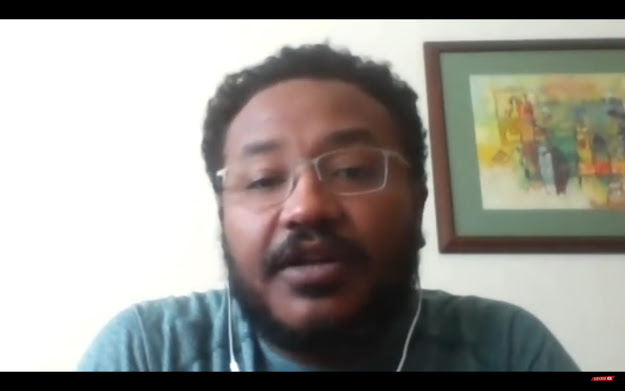The City’s Forced Removal of Homeless Encampments

As of Monday July 28th, 2020, the city of Toronto has entered stage 2 of phase 3 of the Covid-19 pandemic recovery. Despite the ease of restrictions, encampments continue to be a concern. Encampments are outdoor tent dwellings and makeshift shelters that are present in various parks and green spaces across the city, including in and around the Regent Park and Moss Park area. Many of the inhabitants are homeless. Acknowledging the lack of shelters to safely house the homeless during the Covid-19 pandemic, in an effort to prevent and deter encampments, the City of Toronto has acquired hotels and buildings, in order to provide temporal housing to encamping individuals. As claimed on the city of Toronto’s website (Toronto, July 14th, 2020): “Clearing encampments is a multidisciplinary effort with staff from Parks, Forestry & Recreation, Transportation Services, Solid Waste Management Services, and Shelter, Support & Housing Administration, and where appropriate, there is support














